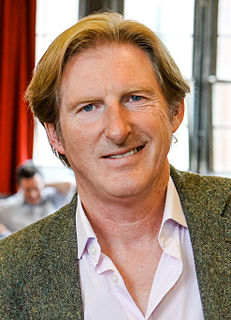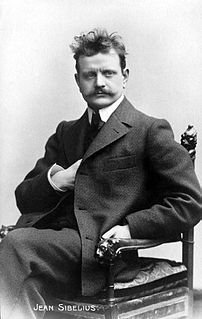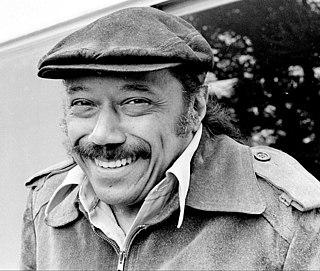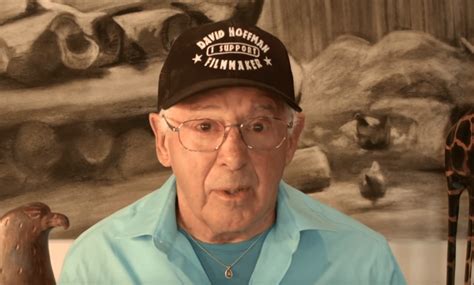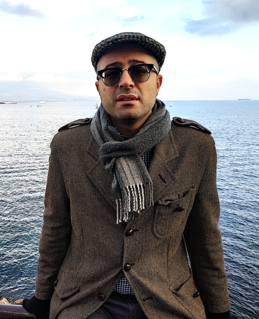A Quote by Adrian Dunbar
People often say Beckett is difficult or bleak, but engaging with it is the most life-affirming, uplifting thing. It's his use of language. The music of the words works on your subconscious. You end up deeply moved but don't know why. That's where the magic lies.
Related Quotes
Lying is the misuse of language. We know that. We need to remember that it works the other way round too. Even with the best intentions, language misused, language used stupidly, carelessly, brutally, language used wrongly, breeds lies, half-truths, confusion. In that sense you can say that grammar is morality. And it is in that sense that I say a writer's first duty is to use language well.
The Rolling Stones were an inkling towards an appreciation of the unity of music, dance and words. Any of the black R&B people who had a stage show that involved dancing, music and words did the same thing, except that I thought Jagger's words were good, his music was good and his dancing was good. I spoke to him about Blake and tried to get him to sing [William] Blake's The Grey Monk, to use his words as lyrics. He didn't do it. In the end, I did it myself.
As a poet and writer, I deeply love and I deeply hate words. I love the infinite evidence and change and requirements and possibilities of language; every human use of words that is joyful, or honest or new, because experience is new... But as a Black poet and writer, I hate words that cancel my name and my history and the freedom of my future: I hate the words that condemn and refuse the language of my people in America.
Those who would practice magic must be scrupulously honest in their personal lives. In one sense, magic works on the principle that 'it is so because I say it is so.' For words to take on such force, you must be deeply and completely convinced that it is identified with truth as you know it. To a person who practices honesty and keeps commitments, 'As I will, so mote it be' is not just a pretty phrase; it is a statement of fact.
One listens to a piece of great music, say, and feels deeply moved by it, and wants to put this feeling into words, but it can't be put into words. That's what - the music has already supplied the meaning, and words will just be superfluous after that. But it's that kind of verbal meaning that can't be verbalized that I try to get at in poetry.
I've found in composing that being simple and profound—having in-depthness in your music—is the most difficult thing to do. Anybody can write a whole lot of notes, which may or may not say something . . . But why make it complicated for the musicians to play? Why make it difficult for the listeners to hear?
Happiness is the most natural thing in the world when you have it, and the slowest, strangest, most impossible thing when you don't. It's like learning a foreign language: You can think about the words all you want, but you'll never be able to speak it until you suck up your courage and say them out loud.
A man's magic demonstrates what sort of person he is, what is held most deeply inside of him. There is no truer gauge of a man's character than the way in which he employs his strength, his power. I was not a murderer. I was not like Victor Sells. I was Harry Blackstone Copperfield Dresden. I was a wizard. Wizards control their power. They don't let it control them. And wizards don't use magic to kill people. They use it to discover, to protect, to mend, to help. Not to destroy.
Despite his deeply-held ideology, Reagan was willing to talk to Gorbachev. He willing to do business with him. We should realize that engaging with adversaries is often one of our great strengths. As long as we use the engagement to stand up for the things we care about, there is no harm in talking.
I think, you know, for someone who does play, let's say, old music or, you know, Baroque music or Renaissance music - and you know, and I do play a lot of that, obviously - engaging with new composers, engaging with young composers, is really exciting because it makes me look at people of the past in a very different way that they are also living, that there was a lot of subjectivity in the decisions that they were making.
